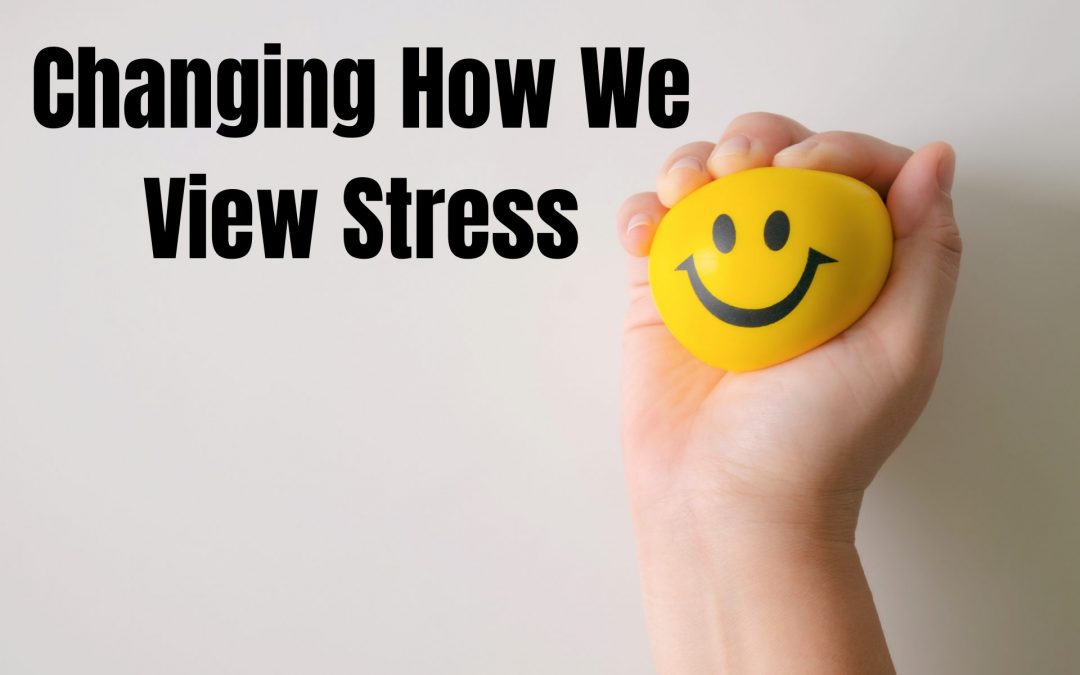When you hear the word “stress,” what comes to mind?
I’m going to go out on a limb and assume you chose something in your life that you perceive as negative. Adults and kids alike, often correlate stress to negative feelings of discomfort and unease. When presented with the word stress, a child may have thought about a classwork assignment that they saved for Sunday night or a sibling that steals their clothes. An adult may have thought about bills that haven’t been paid or the job that keeps their house afloat. Although these stressors are vastly different in comparison, all humans regardless of age, are impacted by the way we view stress.
Did you notice how I said, the way we view stress rather than the stressors themselves?
You have more control over your emotions than you might realize. We choose, both consciously and unconsciously, to stress over those factors or events in our lives. You might be rolling your eyes at that remark, and I don’t blame you. It is not an easy concept to accept. How often do you feel impacted by stress? If your answer to this question is daily, or you cannot remember the last time you weren’t anxious, you aren’t alone. However, stress does have implications on our health. Research has shown that stress can shorten someone’s lifespan due to increased risk for various diseases. If like me, you have diagnosed anxiety and are constantly anxious on the regular, you might be worried by the science behind stress and its effect on health.
What can you do? How do you promote a healthy body and mind?
The common answer to this question is to reduce stress. If you google “how to reduce stress,” you’ll likely read about different stress reducing strategies, like exercise, journaling, listening to calming music, or meditating. In my experience, these are great ways to reduce stress and increase joy, but they do not remove stress entirely. These strategies help manage stress, and you should continue doing them. However, I’m going to make a proposition and I want you to fully consider it before disregarding it. Instead of focusing all your energy on reducing stress, try changing the way you view stress. Rather than seeing stress as a negative and uncomfortable response, see it as a positive and uplifting response to life’s obstacles. Stress makes us better. Stress helps us achieve our goals, face our demons, and overcome challenges. That feeling of anxiousness in your body when you’re about to take an exam, start a business, or disagree with your boss, is preparing your body to take on a challenge. Stress is in our lives, and it isn’t an emotion that we should try to eliminate. Instead, work on changing the way you perceive those factors in your life that you view as stressful. If you can do this, then your body will respond to stress in a way that promotes your health.
Changing how you view stress in combination with relaxation techniques will boost your overall wellness. Fit activities in your day that make you happy and relaxed. When there’s a bump in the road and your day doesn’t go as planned, welcome stress. Stress is your body’s way of helping you overcome that unanticipated obstacle. Stress is good!
This is a great idea and all, but I’ve spent a lifetime despising stress. How do I change this ingrained thought process?
Bad habits are not easy to break. It takes time and effort, but the result is worth it. Imagine how much happier you would be, if the stress in your life was something you viewed as good. Every time you begin to feel anxious, try and focus on your body’s response. Remind yourself that your body is responding to help you overcome this challenge. Stress is on your side, not against you. Each time you do this, it will become more natural and effortless.
What do you think about this proposition? Can you change the way you view stress?
Hannah Shevitz

